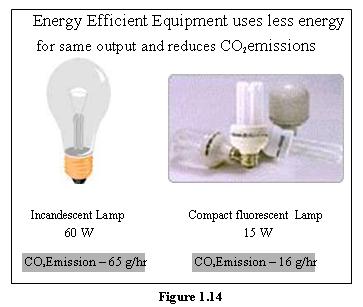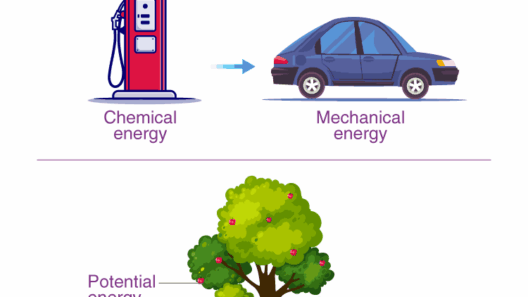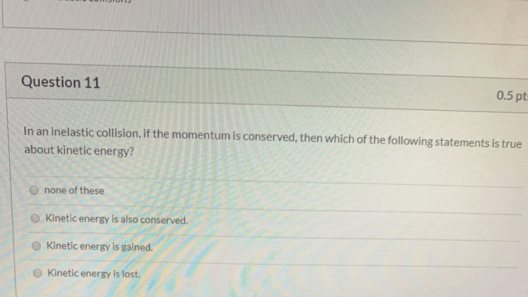Energy conservation, a term that has become ubiquitous in discussions surrounding sustainability and environmental protection, transcends mere efficiency and enters the realm of ethical responsibility. Understanding what it means to conserve energy requires a multifaceted examination of its implications for the environment, society, and the economy. But what precisely does it mean to “conserve energy,” and why is this concept of paramount importance in today’s rapidly changing world? Let us delve into the many layers of this intricate subject.
The essence of energy conservation lies in the deliberate reduction of energy consumption while maintaining the same level of energy service. This principle is grounded in the desire to lessen our ecological footprint, combat climate change, and reduce dependency on finite fossil fuels. In an age where the specter of resource depletion looms ever larger, the ability to conserve energy is not just beneficial—it’s imperative.
Energy conservation can manifest in various tangible actions, from behavioral changes to technological innovations. It encompasses everything from turning off lights in unoccupied rooms to investing in energy-efficient appliances. The individuals who adopt such practices not only lower their utility bills but also contribute to a global movement against the detrimental effects of unchecked energy usage. In this regard, energy conservation fosters a sense of agency among individuals, energizing their resolve to make meaningful changes.
At its core, energy conservation is steeped in three pivotal aspects: understanding energy sources, recognizing the necessity of reducing consumption, and fostering a culture of sustainability. Let’s explore each of these dimensions in detail.
Decoding Energy Sources: The First Step Towards Conservation
Understanding the various energy sources available is fundamental to grasping the broader concept of energy conservation. The world relies on a mosaic of energy sources, including fossil fuels (such as coal, oil, and natural gas), nuclear power, and renewables (like wind, solar, and hydroelectric).
Each energy source carries with it distinct environmental impacts. Fossil fuels, while currently dominating the energy landscape, are notorious for their greenhouse gas emissions and various forms of pollution. Conversely, renewable energy sources are often heralded as eco-friendly alternatives, though they too are not without their challenges, such as resource allocation and ecological disruption.
Frankly, understanding the implications of our energy sources allows us to make more informed decisions regarding our energy consumption. Education plays a crucial role in this discourse, as individuals equipped with knowledge can pivot toward behaviors that favor energy efficiency. By fostering awareness, we cultivate a culture where energy conservation becomes a communal priority rather than an individual burden.
The Compelling Need to Reduce Consumption: Where Action Meets Ethics
In the face of climate change, the call to reduce energy consumption rings louder than ever. While technological advancements have streamlined many processes, the surge in energy demands—driven by population growth and industrial expansion—continues unabated. This dissonance between supply and demand reveals a stark reality: the Earth’s resources are finite, and our reliance on unsustainable practices jeopardizes future generations.
Reducing energy consumption serves multiple purposes. Firstly, it mitigates environmental degradation, as less energy use often translates to decreased emissions and fewer pollutants released into the atmosphere. Secondly, such efforts spur innovation as industries are incentivized to develop new technologies and strategies that promote energy efficiency.
This ethical argument for conservation compels us to think critically about our contributions to environmental degradation. Adopting a lifestyle of energy conservation is emblematic of acknowledging both our personal responsibility and our collective duty to uphold the health of our planet.
Cultivating a Culture of Sustainability: The Power of Collective Action
Energy conservation is not merely an individual endeavor; it demands a robust commitment from communities, organizations, and governments alike. Promoting a culture of sustainability requires systemic changes and collaborative efforts, underscoring the importance of social responsibility and community engagement.
Initiatives such as community-wide recycling programs, public awareness campaigns, and urban planning focused on energy-efficient infrastructure can facilitate meaningful shifts in behavior. Through shared goals and unified strategies, cities and towns can dramatically reduce their energy loads while fostering spaces that prioritize sustainability.
Moreover, engaging youth in discussions about energy conservation equips the next generation with the tools to instigate change. When young people understand the ramifications of energy consumption, they are more likely to advocate for policies that prioritize conservation both at local and national levels.
The dialog surrounding energy conservation must evolve into a broader narrative that recognizes the interconnection of societal well-being, environmental health, and economic sustainability. This integrated approach invites individuals to view energy conservation through a lens of curiosity, asking not just “How can I save energy?” but also, “How does my energy consumption impact the world around me?”
In conclusion, the concept of energy conservation is woven intricately into the fabric of environmental stewardship, ethical responsibility, and economic pragmatism. By disentangling the layers of energy sources we rely on, affirming the necessity to curb consumption, and fostering a collective culture of sustainability, we lay the groundwork for a planet that thrives on conscious energy choices. The urgent call to conserve energy is not merely a recommendation; it is a clarion call to action, beckoning each of us to rethink our relationship with energy and embrace a future that prioritizes conservation at its core.





